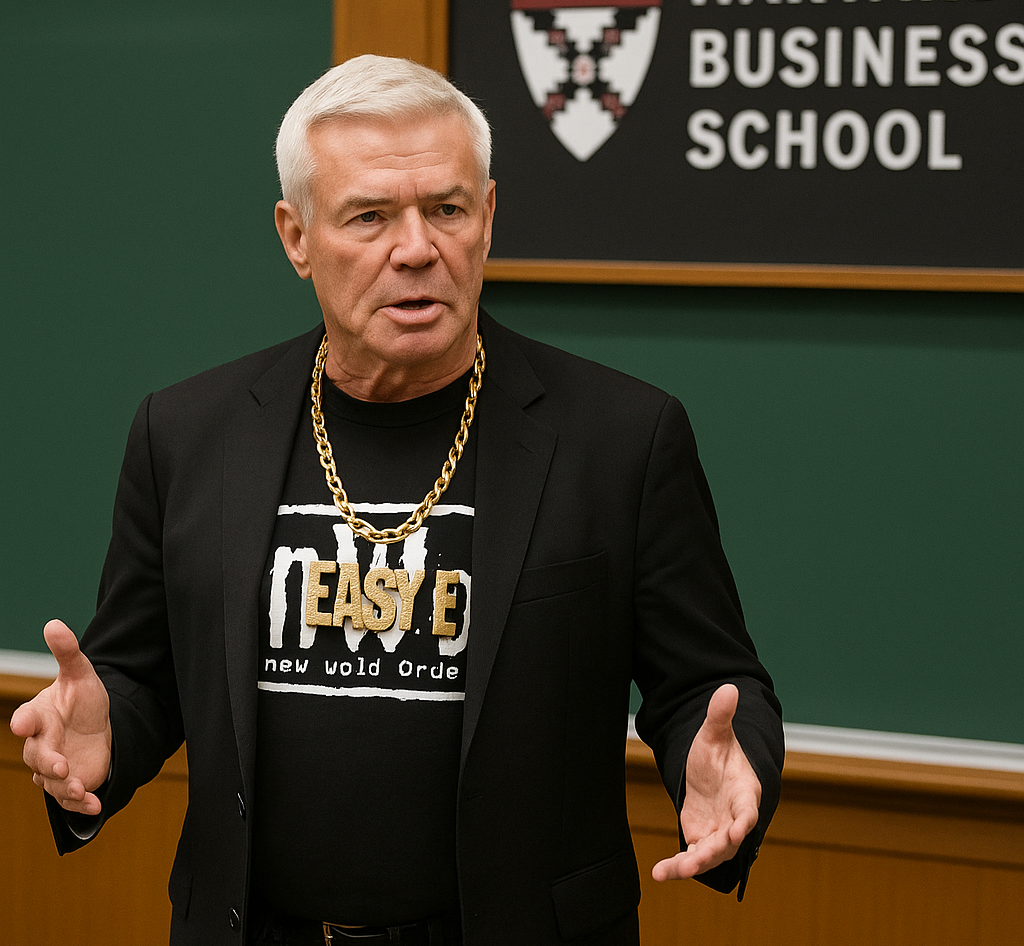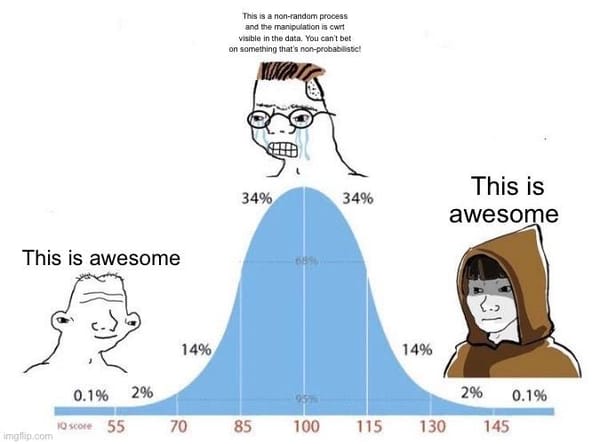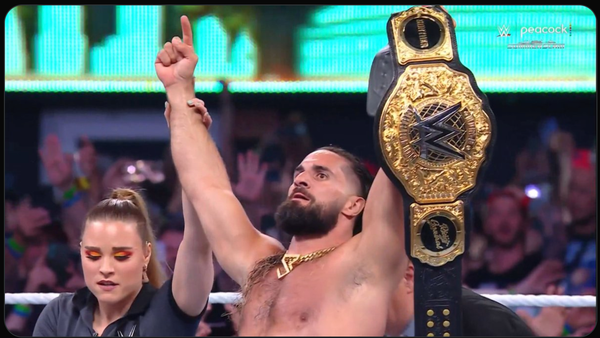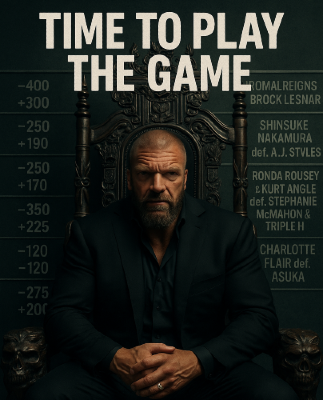WCW Nitro as a Business School Case Study

One of the joys of reading Guy Evan's Nitro is learning about the inner workings of WCW during its time under Turner Broadcasting Station. The book is one of the best business school case studies I've come across. I’ve read business school case studies before and generally find the endings unfulfilling and the portrayals of the executives too flattering. (Company executives wouldn't speak to business school professors otherwise.) Nitro is the opposite though. Nitro presents the accounting numbers and provides such a detailed understanding of Eric Bischoff that you are living the Monday Night Wars vicariously through Easy E’s perspective.
Case Study Set Up: Imagine a Southern television station that has a niche program with a small but loyal audience. A new, young executive from the show takes over its programming and it becomes a phenomenon, so much so that it threatens the existence of its bigger, more established competitor in Connecticut. The young executive has the support of the company's maverick CEO but few others. The corporate establishment considers the company an embarrassment.
Evaluating Bischoff’s Reign, Warts & All Guy Evans gives a fair hearing to Eric Bischoff's reign at WCW. Bischoff's meteoric rise is dramatic considering his humble start in the corporate hierarchy, first being hired in 1991 as a "third-string announcer." Bischoff early astutely plays the corporate game and climbs to executive vice president. (AEW fans may notice the EVP title used frequently on their programs.) Dick Cheatham on Bischoff: “He was under more pressure than anybody I’ve ever seen in Corporate America. Most people have what we call a ‘rabbi’ – somebody up top who is your sponsor..who looks after you. Well, Eric didn’t have one. Eric didn’t have a rabbi.”
The usual knock is that Bischoff just hired the top talent from WWF. This led to a bloated payroll and he neglected to build in-house talent. However, this narrative neglects the emergence of Goldberg and Diamond Dallas Page under his watch, genuine homegrown talent. Also, the entire cruiserweight division occurred under his watch and there is beginning to be a reassessment of his impact. Eddie Guerrero, Chris Benoit, and Rey Mysterio Jr. all became big WWE stars, but were featured prominently during the Nitro era. Bischoff deserves credit for that much.
DDP on Eric Bischoff’s insights to the wrestling business: “Eric Bischoff believed that the guys with brands names…still had a lot of value. That’s the first thing. Then, he did what no one else ever did – he created the cruiserweight division. It’s funny how the WWF took a lot of that [style] later.”
WCW’s Lessons for Stock Market Investors: If you're a stock market investor, the book provides valuable insights into how a media company is run and definitely insight into the struggles a company like TKO is likely going through right now. TKO is the publicly traded company that owns both WWE and UFC. (Note to the author: writing about WWE's current deal with Netflix would be really insightful. I imagine there is some sort of Standards & Practices interference from Netflix too.) Reading this much about how much Turner’s financial controllers moved figures around makes me NOT want to own Warner Brothers Discovery (WBD). These kinds of problems are cultural and hard to root out.
Funny accounting at Turner Broadcasting: Warren Buffett and Charlie Munger from Berkshire Hathaway have railed against EBITDA accounting. EBITDA stands for earnings before interest, taxes, depreciation, and amortization. Evans quotes Buffett: "People who use EBITDA are either trying to con you, or they're conning themselves. Interest and taxes are real costs." WCW made heavy use of EBITDA accounting early on to hide losses. EBITDA accounting allowed Turner accountants to show a modest profit of $283,466. A more conservative accounting figure showed WCW incurred a net income of -$9,803,128.
Advantages & Disdavantages of Corporate Structure: WCW did benefit from its association with Billionaire Ted's ecosystem. WCW was not reliant on a TV deal since it's part of the greater Ted Turner's ecosystem so more vertically integrated. There were other perks though: WCW benefited from its parent company owning the TNT network. It offered the opportunity to start early and even run late.
Evans compares McMahon’s spending discipline to Bischoff’s:
If Vince McMahon’s company operated, as many wrestlers believed, as if every dollar mattered, it was because – in actual fact – it really did. Functioning without a corporate behemoth to absorb its losses, McMahon was forced to stay carefully within bounds.
nWo Actually Did Take Over
Kevin Nash got on the booking committee while he’s in the heavyweight title picture, leading to rumors that he booked himself into contention for the title and used his influence to keep his political enemies down (Bret Hart, who was directionless on-camera.) Scott Hall believes (correctly) that he’s untouchable and WCW couldn't fire him while there’s an ongoing lawsuit with WWF. Scott Hall may have been dating Emily Sherman, the niece of Bradley Siegel, president of Turner Entertainment Network. Hulk Hogan uses his creative control to the max. The nWo really did exercise a massive amount of control over WCW.




